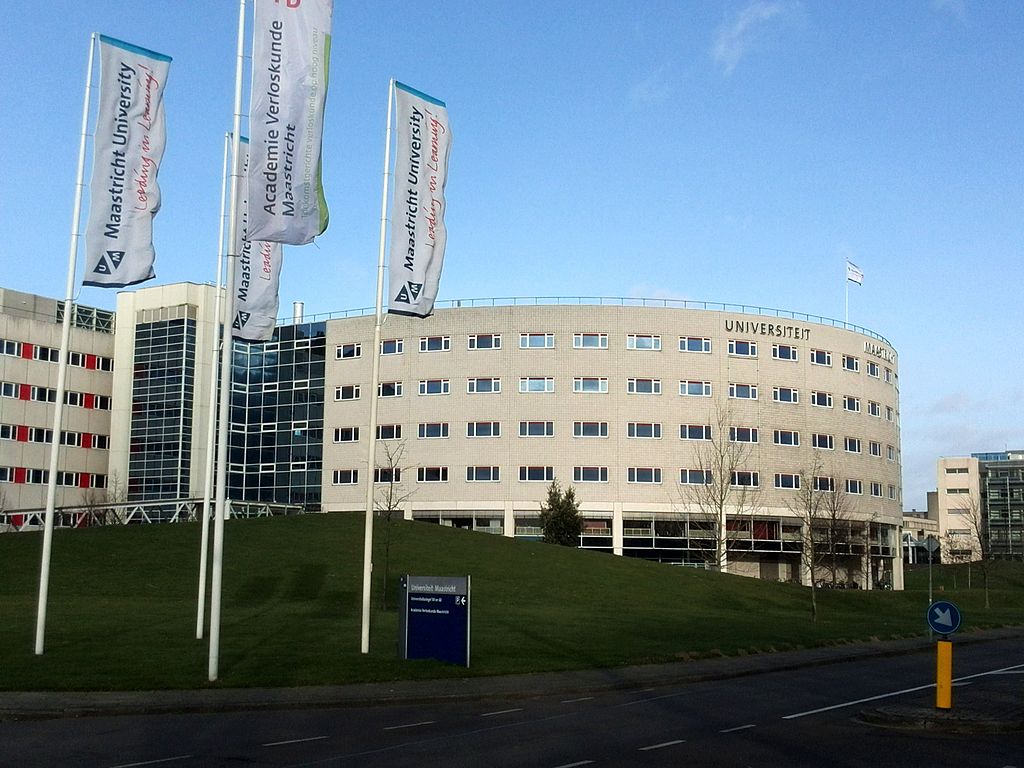
荷兰马斯特里赫特大学博士后职位—未来新兴自动化技术研究项目
Post-Doctoral Researcher at UNU-MERIT
Maastricht University
Description
Job description
Project background:
The PILLARS project (2021-2023), funded by the European H2020 research programme, studies how changes in emerging automation technologies, their adoption along GVCs, and related industrial transformations, affect the future of work through the reconfiguration of the demand for skills. The main objective of PILLARS is to provide policy makers and the public with information about what kind of skills will be in demand and how to revise education and training systems to create the opportunities to acquire them. The PILLARS project consists of ten partners, eight EU partners and one partner in China and in Latin America. You can find further details on the project here, or by contacting the project members (below).
Job description:
The main goal of this position is to support the design, analysis and administration of a large real-time Delphi survey to gauge the development and adoption potential of automation technologies in the near future (i.e. a decade) across industries. It will complement results from the analysis of unstructured (big) data on science and technology and innovation that is running in parallel.
The Research Fellow will primarily focus on conducting a large-scale global online Delphi survey to gather intelligence on which automation technologies are likely to advance in the near future, in which industries they will be adopted, and to conduct which tasks.
The Research Fellow will:
use Delphi techniques to design the survey, together with a team at UNU- MERIT and Technopolis Group, and in collaboration with all other project partners;
use standard statistical analysis methods to parse and analyse the data, as well as text and sentiment analysis to analyse the discussion within the responses;
support the organisation of workshops in five different countries to conduct focus groups with a selected group of experts, to discuss results from the Delphi survey and data analysis;
work alongside the project team in UNU-MERIT, SPRU (University of Sussex) (and in collaboration with other partners) that are using data mining, machine learning, and text analysis methods to analyse unstructured data on Science, Technology and Innovation (STI) to identify emerge technologies, and estimate the industry exposure to these.
The Research Fellow will work in collaboration with a team of top innovation scholars, economists, and job market data scientists in UNU-MERIT, SPRU and partner organisations, and two Research Fellows on data science. The Research Fellow will participate in several projects meetings and workshops to refine survey design, as well as external conferences and workshops.
Requirements
The ideal candidate will have a PhD (or be close to completion) in economics, future studies, science and technology studies or equivalent disciplines.
Essential:
experience with Delphi survey methods, and/or foresight analysis in general;
expertise in studying emerging technologies (Future Technology Analysis), particularly automation technologies, and a background on economics of innovation theories, especially in relation to employment and the organization of work and industries;
experience with conducting large surveys;
good statistical skills and knowledge of semantic analysis;
excellent knowledge of the theory of technological change and future technology analysis;
good knowledge of the literature on employment and technological change;
evidence of engagement in high-quality research activity;
excellent presentation skills, with the ability to communicate effectively, both orally and in writing, with students, colleagues and external audiences;
willingness to work in an interdisciplinary, collaborative, and stimulating team and project;
ability to work individually on own initiative and without close supervision, and as part of a team;
ability to exercise a degree of innovation and creative problem-solving;
excellent organisational and administrative skills;
ability to manage multiple, concurrent tasks;
ability to prioritise and meet deadlines;
strong attention to detail;
excellent IT skills;
excellent speaking and writing in English
Desirable:
ability to think about new ways of interrogating experts about the trajectories of future technologies;
emerging track record of high-quality publications in reputable journals and other appropriate media of similar standing;
ability to work with an interdisciplinary team;
willingness to lean emerging methods to broaden our ability to understand social and technological evolution;
experience with large scale research projects.
Conditions of employment
Fixed-term contract: We offer a part-time employment contract as a Post- Doctoral Researcher for a period of 1 year.
Remuneration will be according to standard salary levels, depending on education and relevant work experience. This implies a gross monthly salary in scale 10 or 11 of the Collective Labour Agreement of Dutch Universities (gross salary between € 2.836,- and € 5.211,- per month on a fulltime basis). Each year, the standard salary is supplemented with a holiday allowance of 8% and an end-of-year bonus of 8.3%.
The terms of employment of Maastricht University are set out in the Collective Labour Agreement of Dutch Universities (CAO). Furthermore, local UM provisions also apply. For more information look at the website https:// www. maastrichtuniversity.nl > About UM > Working at UM
You have to be willing to move to (the vicinity of) Maastricht.













